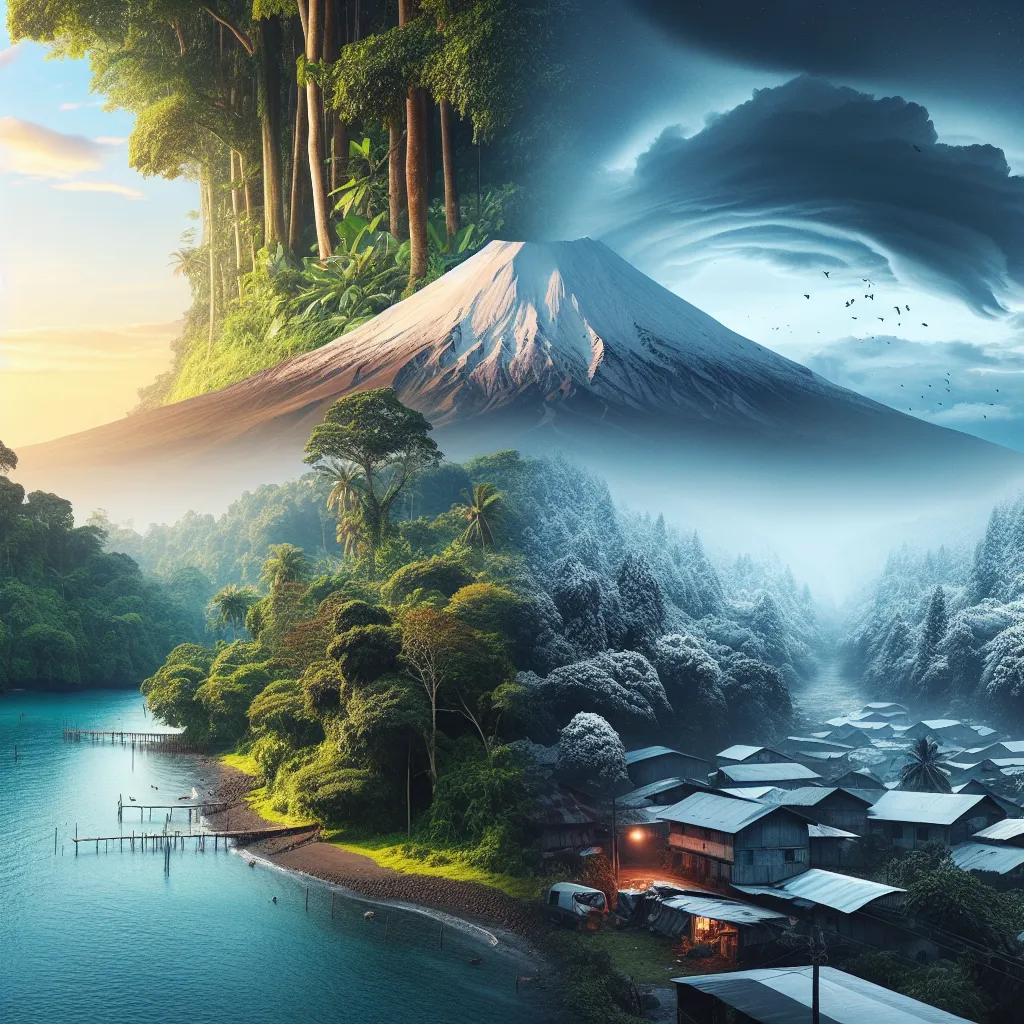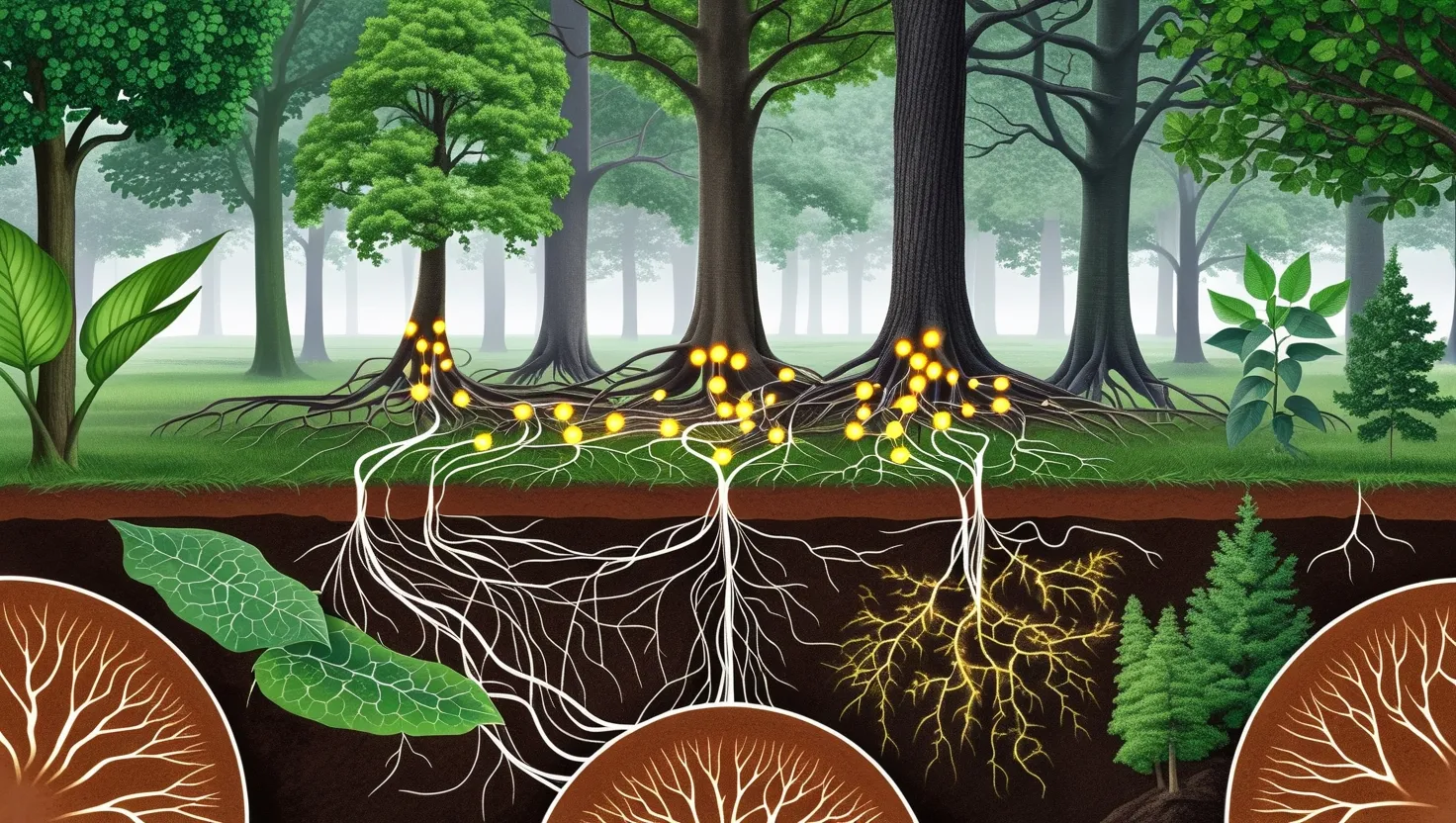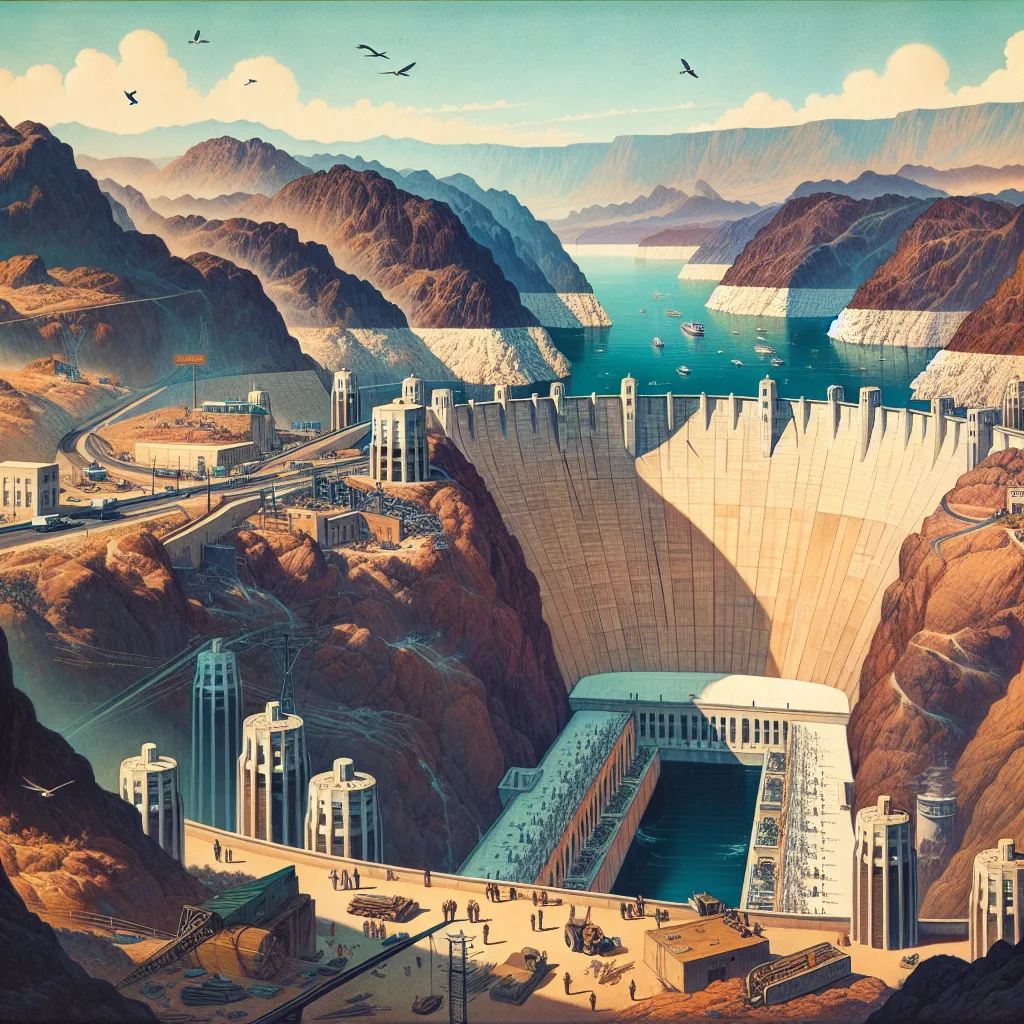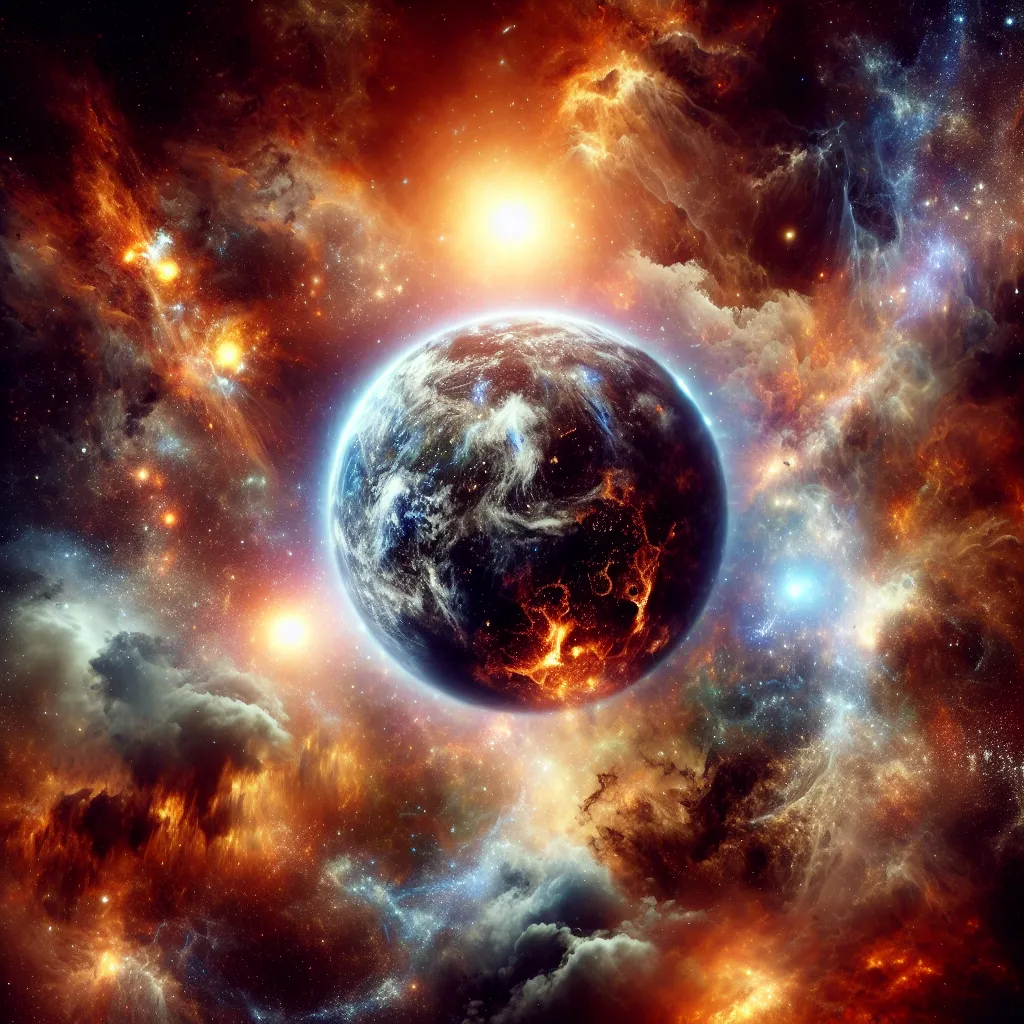Nature is as beautiful as it is unpredictable. No matter how advanced our science is, we just can’t always predict when the next big volcanic eruption will happen. Many volcanologists still carry the weight of past prediction failures, where countless lives were lost.
Take the case of Guadeloupe in 1976 for instance. The island’s La Soufrière volcano posed such a threat that scientists warned of an imminent eruption. The alarm was loud enough for authorities to evacuate 72,000 people. The capital city, Bath-Ster, turned into a ghost town for four long months. Homes were deserted, and farm animals roamed the empty streets, desperate for food. But the volcano never erupted.
This failed prediction left a scar on the scientific community. Not even a decade later, in Colombia, the Nevado del Ruiz volcano began to show signs of activity. Scientists issued grim warnings once again, forecasting deadly volcanic floods from melted snow and ice. This time, the prediction was spot-on.
But, in a tragic turn of events, the authorities didn’t order a full evacuation. When the volcano erupted in November 1985, it buried the town of Armero in ash and mud. Around 23,000 people lost their lives, 4,500 were injured, and 8,000 were left homeless.
These stories capture the tough reality that volcanologists face. If they exaggerate the risk, people might stop listening. But if they fail to give a strong enough warning, the cost could be thousands of lives. It’s a precarious balance, and one that doesn’t come with easy answers.






